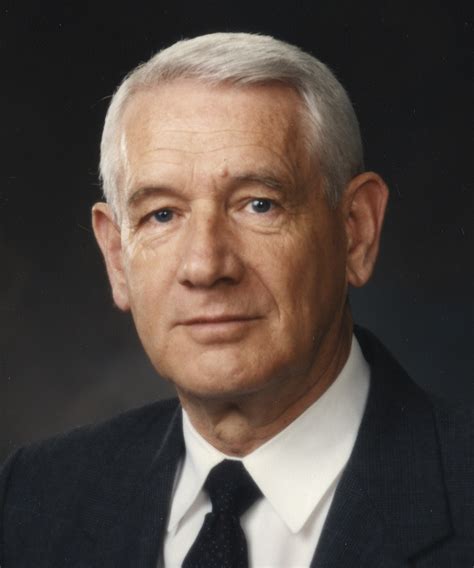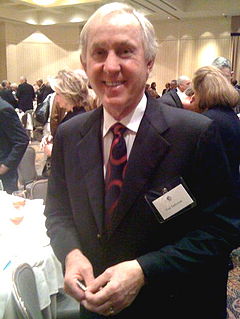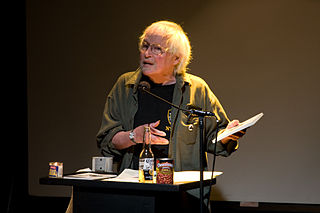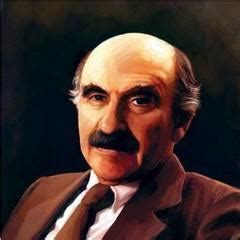A Quote by Norman Mailer
Growth is a greater mystery than death. All of us can understand failure, we all contain failure and death within us, but not even the successful man can begin to describe the impalpable elations and apprehensions of growth.
Related Quotes
A failure remains a failure only if we refuse to learn from it. Any situation that teaches us greater humility, sobriety, wisdom about self and others, responsibility, forgiveness, depth of reflection, and better decision making -\-\teaching us what's truly important-\-\is not an ultimate failure. Sometimes what we deem a failure at the time it happens actually serves to foster a change within us that creates an even greater success down the road.
To begin depriving death of its greatest advantage over us, let us adopt a way clean contrary to that common one; let us deprive death of its strangeness, let us frequent it, let us get used to it; let us have nothing more often in mind than death... We do not know where death awaits us: so let us wait for it everywhere." "To practice death is to practice freedom. A man who has learned how to die has unlearned how to be a slave.
As the opportunity grows for unlimited growth and progress, the chances of failure increase. There is no such thing as a program that will provide security and growth and progress with no risk . . . even within the church. As freedom for unrestricted development is enhanced, the possibilities for failure are also increased. The risk factor is great.
Oh and I thought, as i was dressing, how interesting it would be to describe the approach of age, and the gradual coming of death. As people describe love. To note every symptom of failure: but why failure? To treat age as an experience that is different from the others; and to detect every one of the gradual stages towards death which is a tremendous experience, an not as unconscious, at least in its approaches, as death is.
When we are young the idea of death or failure is intolerable to us; even the possibility of ridicule we cannot bear. But we have also an unconquerable faith in our own stars, and in the impossibility of anything venturing to go against us. As we grow old we slowly come to believe that everything will turn out badly for us, and that failure is in the nature of things, but then we do not much mind what happens to us one way or the other. In this way a balance is obtained.
The religious man, the mystic, tries to explore the mystery of death. In exploring the mystery of death, he inevitably comes to know what life is, what love is. Those are not his goals. His goal is to penetrate death, because there seems to be nothing more mysterious than death. Love has some mystery because of death, and life also has some mystery because of death.
The first thing I would like to tell you about death is that there is no bigger lie than death. And yet, death appears to be true. It not only appears to be true but also seems like the cardinal truth of life - it appears as if the whole of life is surrounded by death. Whether we forget about it, or become oblivious to it, everywhere death remains close to us. Death is even closer to us than our own shadow.
We are left with nothing but death, the irreducible fact of our own mortality. Death after a long illness we can accept with resignation. Even accidental death we can ascribe to fate. But for a man to die of no apparent cause, for a man to die simply because he is a man, brings us so close to the invisible boundary between life and death that we no longer know which side we are on. Life becomes death, and it is as if this death has owned this life all along. Death without warning. Which is to say: life stops. And it can stop at any moment.
Every major industry was once a growth industry. But some that are now riding a wave of growth enthusiasm are very much in the shadow of decline. Others that are thought of as seasoned growth industries have actually stopped growing. In every case, the reason growth is threatened, slowed, or stopped is not because the market is saturated. It is because there has been a failure of management.




































